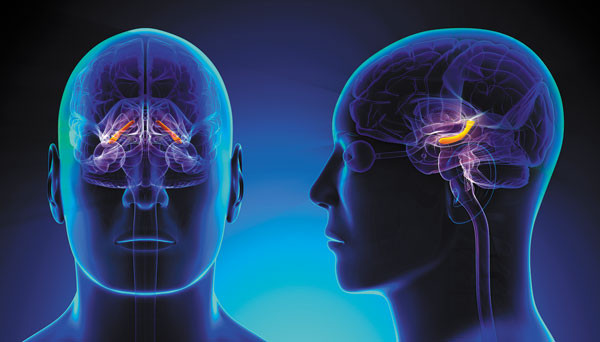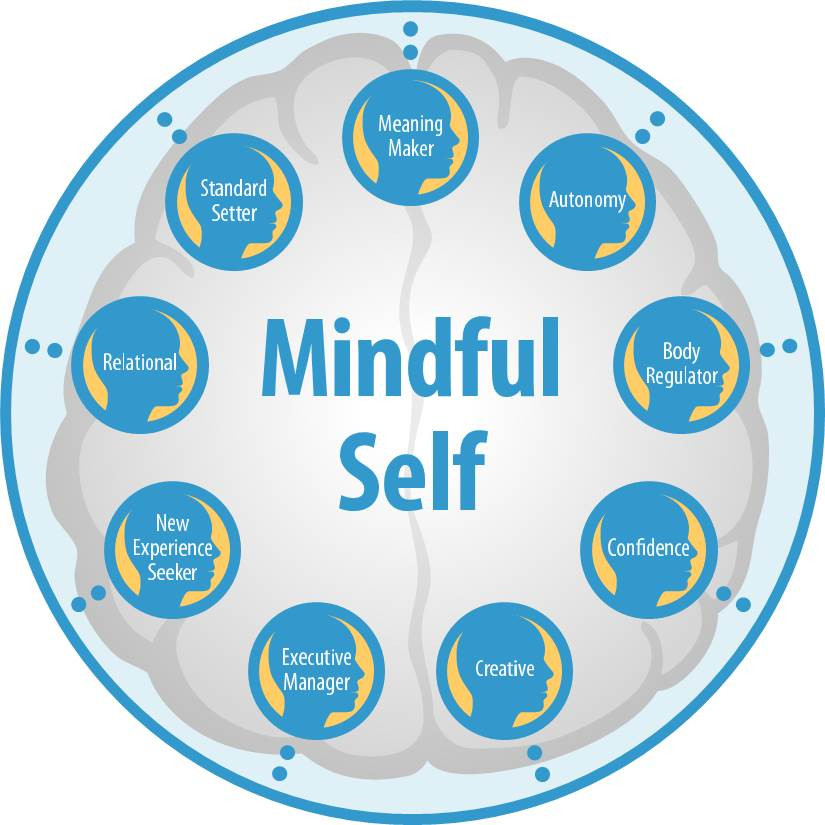
New thinking about plaque in arteries that feed the brain

Want to prevent shifting teeth? Maybe you need retainers

What you need to know about the new dietary guidelines

Food that’s healthier for people and planet can be cheaper, too

New evidence that polyphenol-rich foods help the heart

8 simple ways to reduce ultra-processed foods in your diet

How to curb your stress eating

How to spot Parkinson’s disease symptoms

Heart failure symptoms in women: How they’re different

GERD diet: Foods to avoid to reduce acid reflux
Mental Health Archive
Articles
4 things you can do to alleviate caregiver stress
If you are taking care of a loved one, you need to take special care of yourself, too. There are resources to help you.
Image: Bigstock
More than 65 million Americans—two-thirds of whom are women—are taking care of a disabled or ailing family member. If you're among them, you're well aware that caring for a loved one can be one of the most rewarding experiences in life, but it can also be one of the most challenging, especially to your own health.
"We know family caregivers are under a particular amount of stress. And stress over time can cause them to become ill," says Dr. Diane Mahoney, Jacque Mohr Professor of Geriatric Nursing Research at MGH Institute of Health Professions, an academic affiliate of Massachusetts General Hospital. In fact, more than 20% of caregivers report that their health has suffered as a result of their responsibilities.
Reading books may add years to your life
An analysis of records of 5,635 participants in the Health and Retirement Study linked regular book reading with a 20% reduced risk of dying over a 12-year period.
Talk to the animals
Animal-assisted therapy can be your best friend when it comes to mental support.
Image: Jevtic /Thinkstock
They say a dog is man's best friend, but when it comes to better health, any type of animal bonding will do.
Research shows that interaction with animals like dogs, cats, and even horses can have both immediate and long-lasting impacts on your mental well-being. Done more formally in a medical context, it's known as animal-assisted therapy (AAT).
Benefits of volunteering: This may be the time to cash in
A study published online Aug. 8, 2016, by BMJ Open found that volunteering seems to confer greater benefits for general well-being in middle and older age than earlier in life.
Can you grow new brain cells?
The science of neurogenesis suggests it's possible to create neurons that improve your memory and thinking skills.
Image: Decade3d/ Thinkstock
There are many aspects of aging you cannot prevent, but surprisingly, memory trouble is not one of them.
"The dogma for the longest time was that adult brains couldn't generate any new brain cells. You just use what you were born with," says Dr. Amar Sahay, a neuroscientist with Harvard-affiliated Massachusetts General Hospital. "But the reality is that everyone has the capacity to develop new cells that can help enhance cognitive functions."
Ease your pain by controlling your mind
Lower your dependency on medication by altering your perception of pain.
Image: Cathy Yeulet/ Thinkstock
Everyday pain becomes more constant as you age. It can vary from morning aches to occasional joint flare-ups to recurrent episodes that interfere with your life and overall health.
Yet pain has a valuable role. It alerts your systems to potential injury so you can seek treatment. "Pain is similar to blood pressure, which becomes a problem if the levels become too high," says Dr. Jianren Mao, director of the Harvard-affiliated Massachusetts General Hospital Center for Translational Pain Research. "Only when pain becomes intolerable should you resort to medication or other types of treatment."
Behavioral activation therapy effectively treats depression, study finds
British researchers tested whether behavioral activation therapy alone is as effective as cognitive behavioral therapy. The results were almost identical for both groups, with two-thirds of each group reporting a reduction of depressive symptoms of at least 50%.
An approach to therapy that may make depression treatment more accessible
A recent study showed that behavioral activation can be an effective alternative to cognitive behavioral therapy for treating depression. This type of therapy emphasizes engaging in activities that can improve mental health, for example, connecting with people. Its advantage is that it takes less time and is less expensive to train people in behavioral activation so it may mean more therapists available at lower cost.
Getting kids back to school: Inside out
Harvard Medical School authors have written a new book entitled Organize your Emotions, Optimize Your Life, that explains a way to frame how your mind processes a range of emotions. An adult version of the children’s movie Inside Out, the book proposes that the human psyche has nine inner “voices.” By addressing the distinct needs, agendas, and emotions people can better address life challenges, big and small. In this post we apply this model to getting your kids back to school in a positive and productive way.

New thinking about plaque in arteries that feed the brain

Want to prevent shifting teeth? Maybe you need retainers

What you need to know about the new dietary guidelines

Food that’s healthier for people and planet can be cheaper, too

New evidence that polyphenol-rich foods help the heart

8 simple ways to reduce ultra-processed foods in your diet

How to curb your stress eating

How to spot Parkinson’s disease symptoms

Heart failure symptoms in women: How they’re different

GERD diet: Foods to avoid to reduce acid reflux
Free Healthbeat Signup
Get the latest in health news delivered to your inbox!
Sign Up










